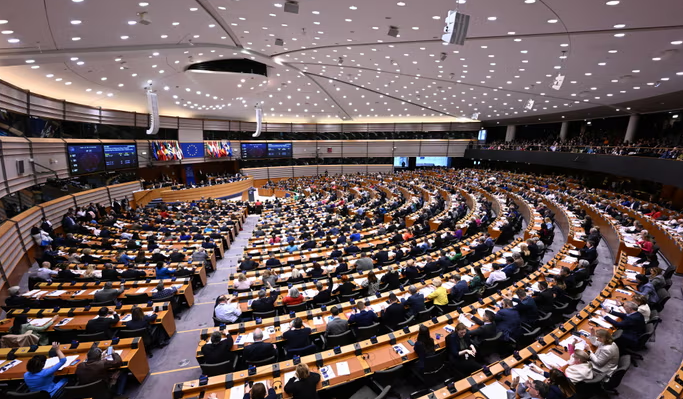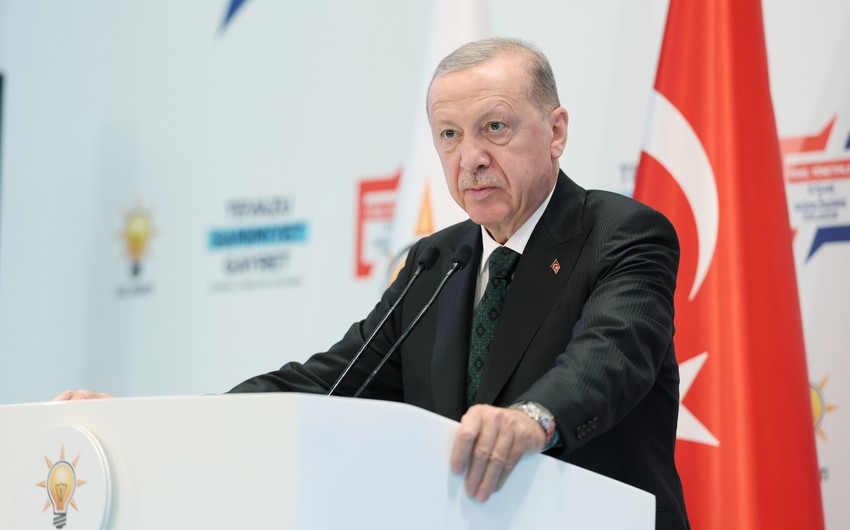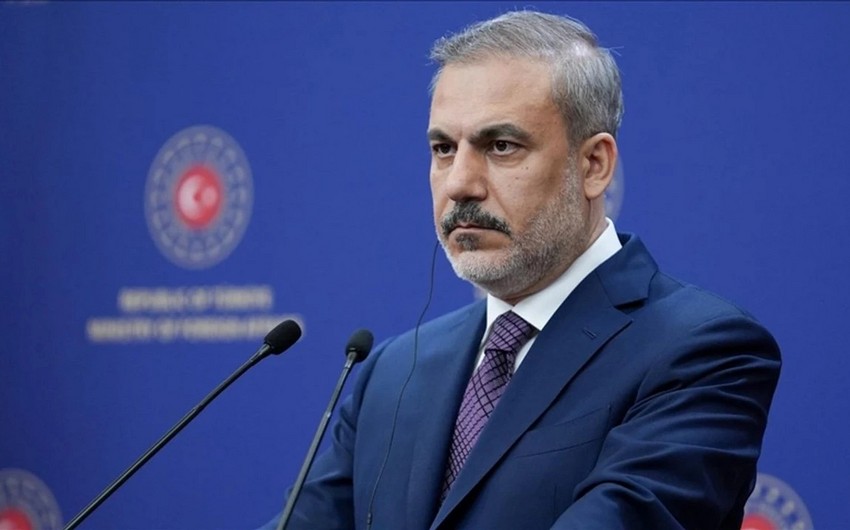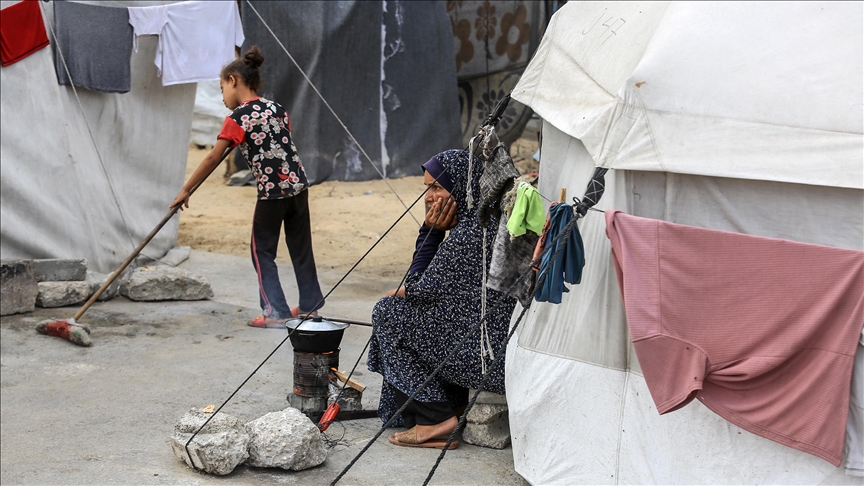Sweeping changes to the EU’s migration laws have been passed in a knife-edge series of votes in the European parliament, with supporters of the new laws calling the move historic but NGOs saying they are a step back for human rights, Ednews reports via The Guardian,
The vote on Wednesday, which is now expected to be rubber-stamped by the member states, ends eight years of deadlock over repeated efforts to tighten up border management and asylum processes in the 27-member bloc.
Champions of the laws, who had been campaigning to get the legislation passed in the face of a rise in popularity of the far right before the European parliament elections in June, seized on the move as a great victory.
They said it would fast-track asylum procedures at the EU’s border, impose tough new screening systems and return people who do not qualify for international protection to their countries.
Roberta Metsola, the European parliament president, wrote on X: “History made. We have delivered a robust legislative framework on how to deal with migration and asylum in the EU. It has been more than 10 years in the making. But we kept our word. A balance between solidarity and responsibility. This is the European way.”
However, tensions in the huge auditorium as the voting started betrayed the deeply divisive nature of the laws. Proceedings were interrupted by protesters dressed in white T-shirts in the public gallery, who shouted at MEPs: “This pact kills! Vote ‘no’!” while throwing paper planes carrying the coordinates of shipwrecks and refugees who have died at EU external borders.
The home affairs commissioner, Ylva Johansson, who shepherded the legislation through, was defiant. “I feel proud ... considering when I took office four and a half years ago, few thought we would make it,” she said.
Civil society groups, however, hit out at what Eve Geddie, Amnesty International’s head of the European institutions office and director of advocacy, called a “failure to show global leadership”.
“After years of negotiations, EU institutions are now shamefully co-signing an agreement that they know will lead to greater human suffering,” she said.
“For people escaping conflict, persecution or economic insecurity these reforms will mean less protection and a greater risk of facing human rights violations across Europe – including illegal and violent pushbacks, arbitrary detention and discriminatory policing.
Oxfam had earlier denounced the pact as a recipe for “deterrents, detention and deportation” rather than protection of human rights.
MEPs on the left and the Greens, who voted against eight of the 10 pieces of proposed legislation on the table, also criticised the bill for failing to prioritise guarantees for human rights.
Rightwing politicians had their own reasons for opposing the reforms, arguing that the new laws did not go far enough and would cause a spike in migration.
Among those that voted against parts of the asylum and migration pact were the French and Spanish far-right parties Rassemblement National and Vox, as well as the Polish nationalist populists Law & Justice, and Viktor Orbán’s Fidesz.










